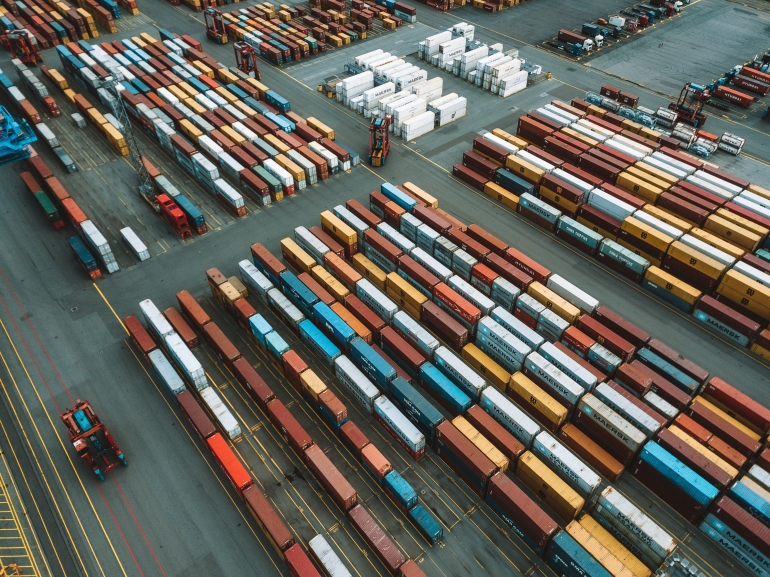Thur 06 August 2020
By Weihuan Zhou
It seems that China is now more open to join the Comprehensive and Progressive Agreement for Trans-Pacific Partnership (CPTPP) - the Chinese Premier Li Keqiang said “China has a positive and open attitude toward joining the CPTPP” at a press conference held for the third session of the 13th National People’s Congress on May 28.
The CPTPP, which originally was the US-led Trans-Pacific Partnership (TPP) before the US pulled out in 2017, was signed by 11 countries on 8 March 2018 in Chile and entered into force on 30 December 2018 for Australia, Canada, Japan, Mexico, New Zealand and Singapore. It is the largest trade bloc in the Asia-Pacific region and the third largest globally at the moment. It is estimated that China’s accession to the CPTPP may generate an approximately 50 per cent trade expansion for both China and existing CPTPP members and a 76.7 per cent increase in global income gains.
China was suspicious about the political motivation behind the negotiation of this agreement back then when the US led the negotiation. However, after the US withdrawing from the agreement, China’s suspicion seems to be alleviated.
In a co-authored opinion piece of UNSW Law’s Herbert Smith Freehills China International Business and Economic Law (CIBEL) Centre member Dr Weihuan Zhou and Associate Professor Henry Gao from the Singapore Management University, titled “China and the CPTPP: is it time to rethink Beijing’s involvement in the trans-Pacific trade pact?” on the South China Morning Post, the authors explain why the accession may benefit China in terms of the nation’s on-going reform towards market-oriented economy and its potential impact on reshaping the international economic order.
The authors note that the fast-changing circumstances – both internal and external – may drive China to take a more active approach to the CPTPP, and joining the club may contribute to resolving the crisis in the China-US relations and the global trading system in the longer term.
However, the article also identifies some obstacles that would lag China’s determination such as the deteriorated relationship between China and some existing CPTPP members.
Nevertheless, the authors suggest that China’s accession will “send a strong message that China is committed to the market-based economic transformation and playing a more responsible role in the global community in times of crisis.”
